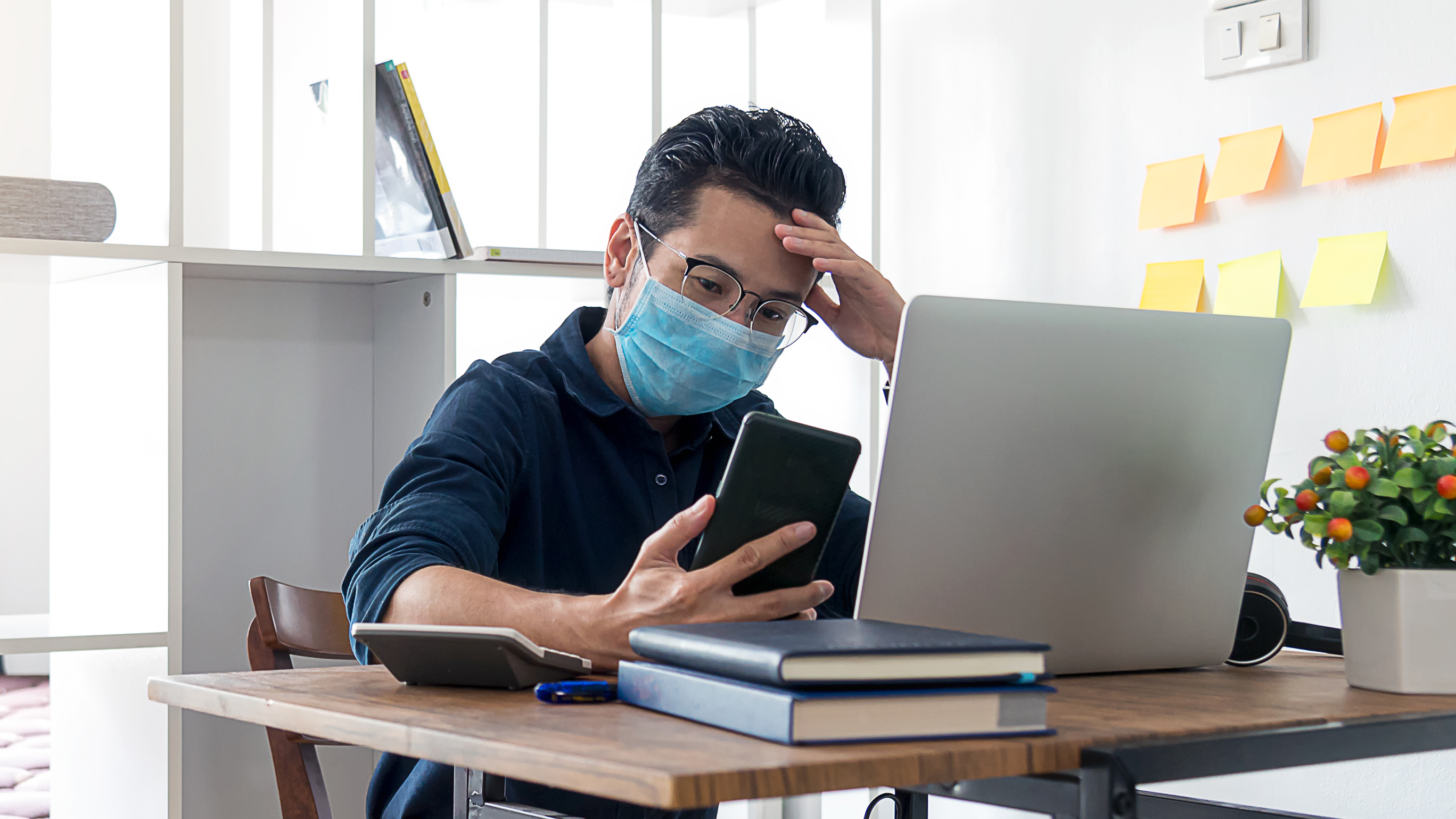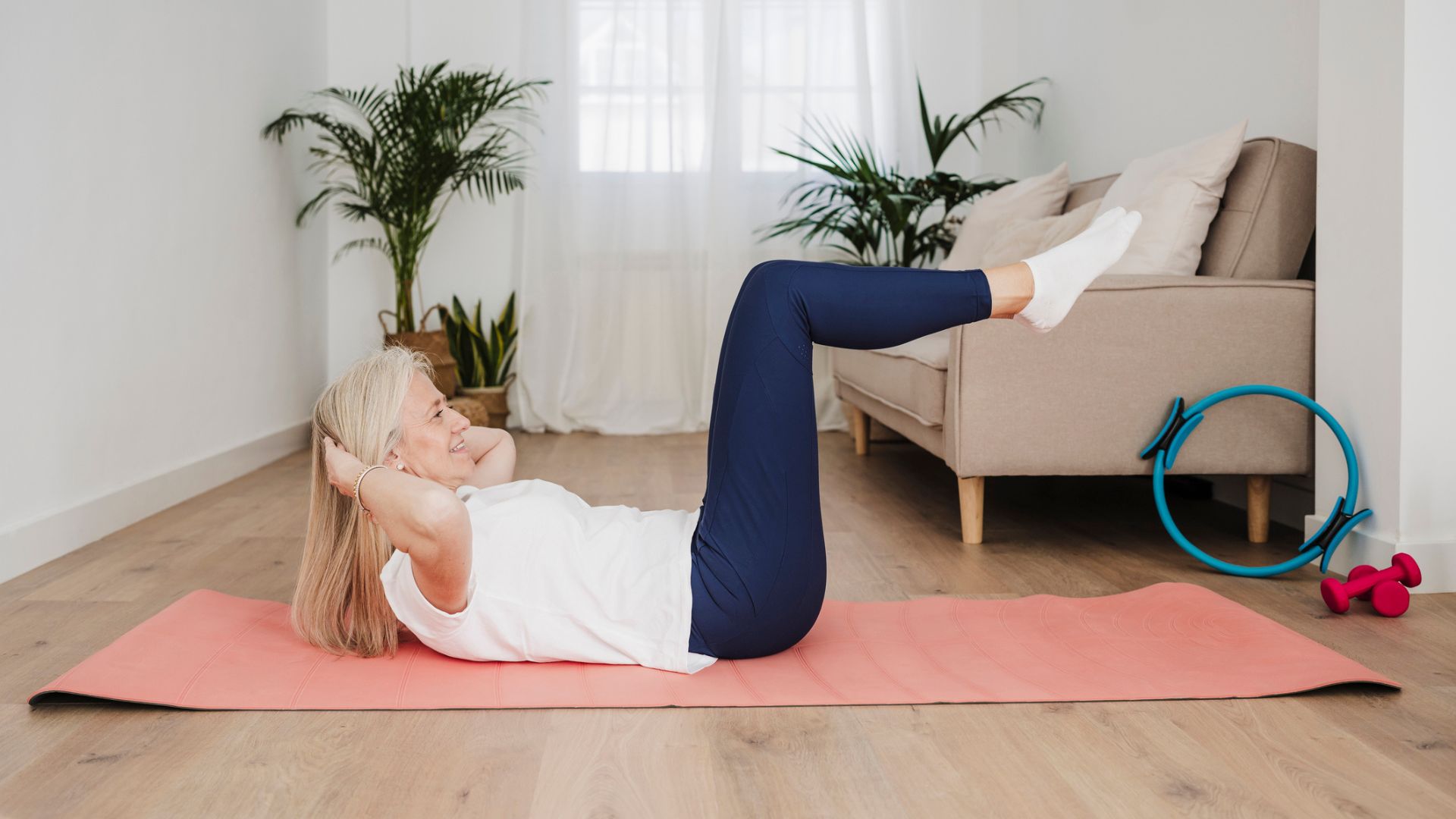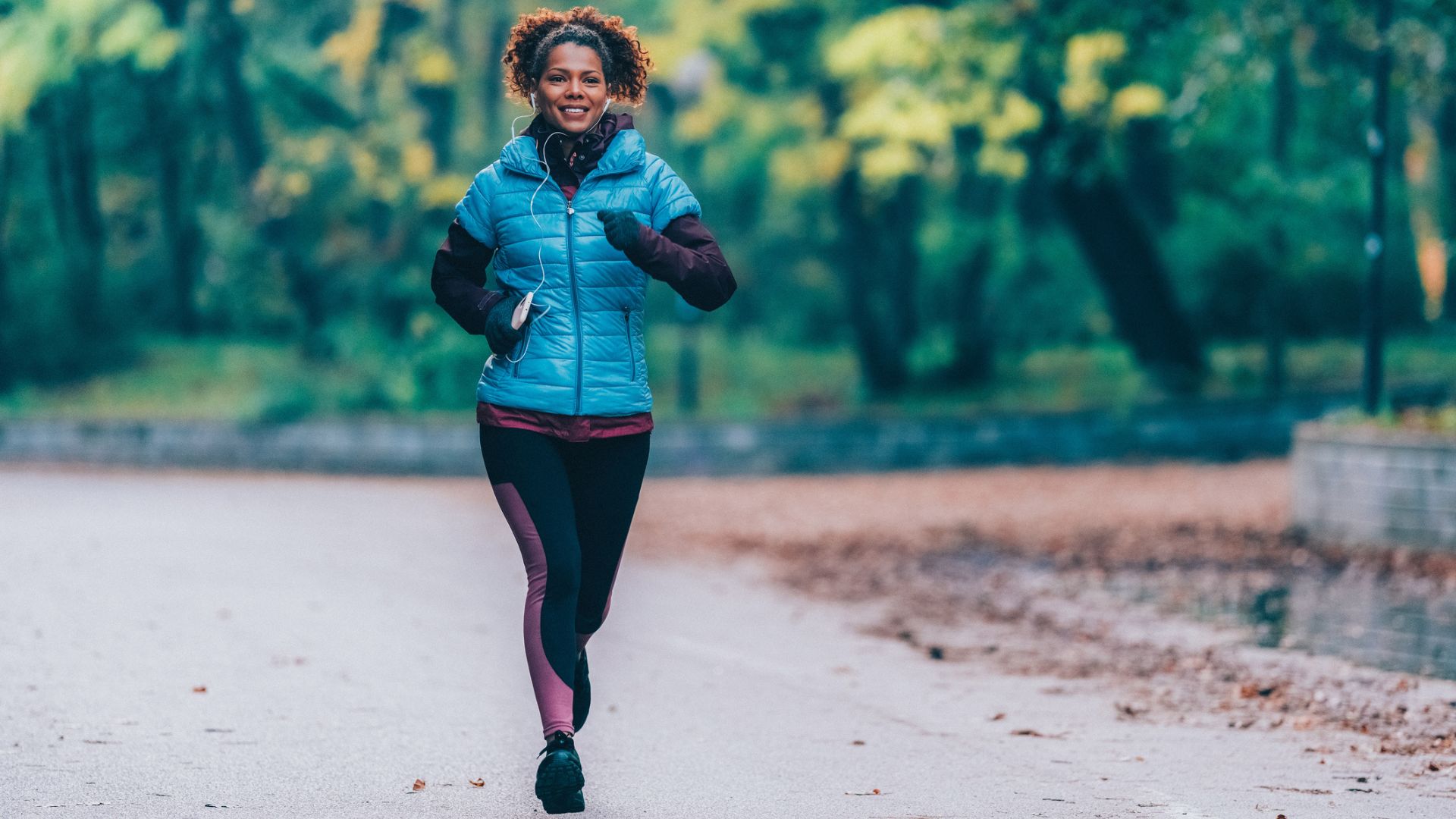How the pandemic led to increased screen time and worse sleep
Have you been glued to your TV and phone during the pandemic? You could be losing sleep, making you gain weight


The COVID-19 pandemic has meant over the last few years, we've all been stuck at home. However, we're unlikely to have been bored, because streaming services have provided us with a smorgasbord of addictive content. From The Boys to Bridgerton to last year's record-breaking Tiger King phenomenon, there's been lots of content keeping us glued to our screens way past our bedtime.
Unfortunately, this is taking a toll on our health. One study, published in the journal Sleep, found more evening screen time during the Covid-19 lockdown negatively affected our sleep quality. Researchers from the University of L'Aquila in Italy looked at 2,123 Italian residents, interviewing them in the third and seventh weeks of the first lockdown last year. The research found a huge 92.9% reported an increase in their electronic device usage between the first and second surveys.
These participants' sleep quality decreased significantly. Insomnia symptoms and shorter sleep times also increased, correlating to increased late-night screen time. Whether you're staring at your phone, playing video games late into the night or catching up on Netflix, the later you look at screens, the worse your sleep.
This news is nothing new. In 2017, Netflix CEO Reed Hastings (pictured below) was reported in several outlets as saying the company's number one competitor wasn't Amazon or YouTube, but sleep.
“You get a show or a movie you’re really dying to watch, and you end up staying up late at night, so we actually compete with sleep,” he said. “And we’re winning!”

This is pretty insidious stuff. Reducing the time it takes to auto-play the next episode, for example, is one behaviour Netflix uses to keep your eyes glued to the screen. Of course, streaming isn't the only thing to blame here: social media addiction, video games and obsessively checking news, a habit now known as "doomscrolling", all became common pastimes during the pandemic. It's the only lens through which we could view the emerging crisis, but it didn't help – on the contrary, all these habits made our sleep worse.
Prof. Michele Ferrara, Director of the Laboratory of Sleep Psychophysiology at the University of L'Aquila, said: "The evidence of a strong relationship between screen habits and the time course of sleep disturbances during the lockdown period suggests that, now, more than never, raising public awareness about the risks of evening exposure to electronic devices could be crucial to preserve general sleep health.
Get the Fit&Well Newsletter
Start your week with achievable workout ideas, health tips and wellbeing advice in your inbox.
"This applies to both the ongoing pandemic and the future, as electronic technologies will find more and more space in our daily routine."
Lack of sleep reduces your concentration and promotes the production of cortisol, a hormone which not only induces feelings of stress, but also causes you to gain more weight. This is turn is exacerbated by a sedentary lifestyle, in which all we do is sit at home on our screens.
You can improve your sleep quality by turning your screens off and reading for 30 minutes before bed, or improving the comfort of your sleeping environment. If your bed is less than comfortable, our best mattress toppers list provides a relatively cheap way to boost the quality of your sleep without shelling out for a new mattress.
When it comes to waking up, a sudden buzzing alarm can induce feelings of grogginess, according to a study in PLOS One. One of our best sunrise alarm clocks can use natural light to mimic a sunrise, in order to wake you up in a
Matt Evans is an experienced health and fitness journalist and is currently Fitness and Wellbeing Editor at TechRadar, covering all things exercise and nutrition on Fit&Well's tech-focused sister site. Matt originally discovered exercise through martial arts: he holds a black belt in Karate and remains a keen runner, gym-goer, and infrequent yogi. His top fitness tip? Stretch.
-
 I'm a personal trainer and I've been using this routine to build functional core strength for over 20 years
I'm a personal trainer and I've been using this routine to build functional core strength for over 20 yearsBorrow this quick drill for your next core finisher
By Sam Rider
-
 These are the exercises that actually help shin splints, according to a kinesiologist
These are the exercises that actually help shin splints, according to a kinesiologistIf you run a lot you need to try these moves
By Maddy Biddulph